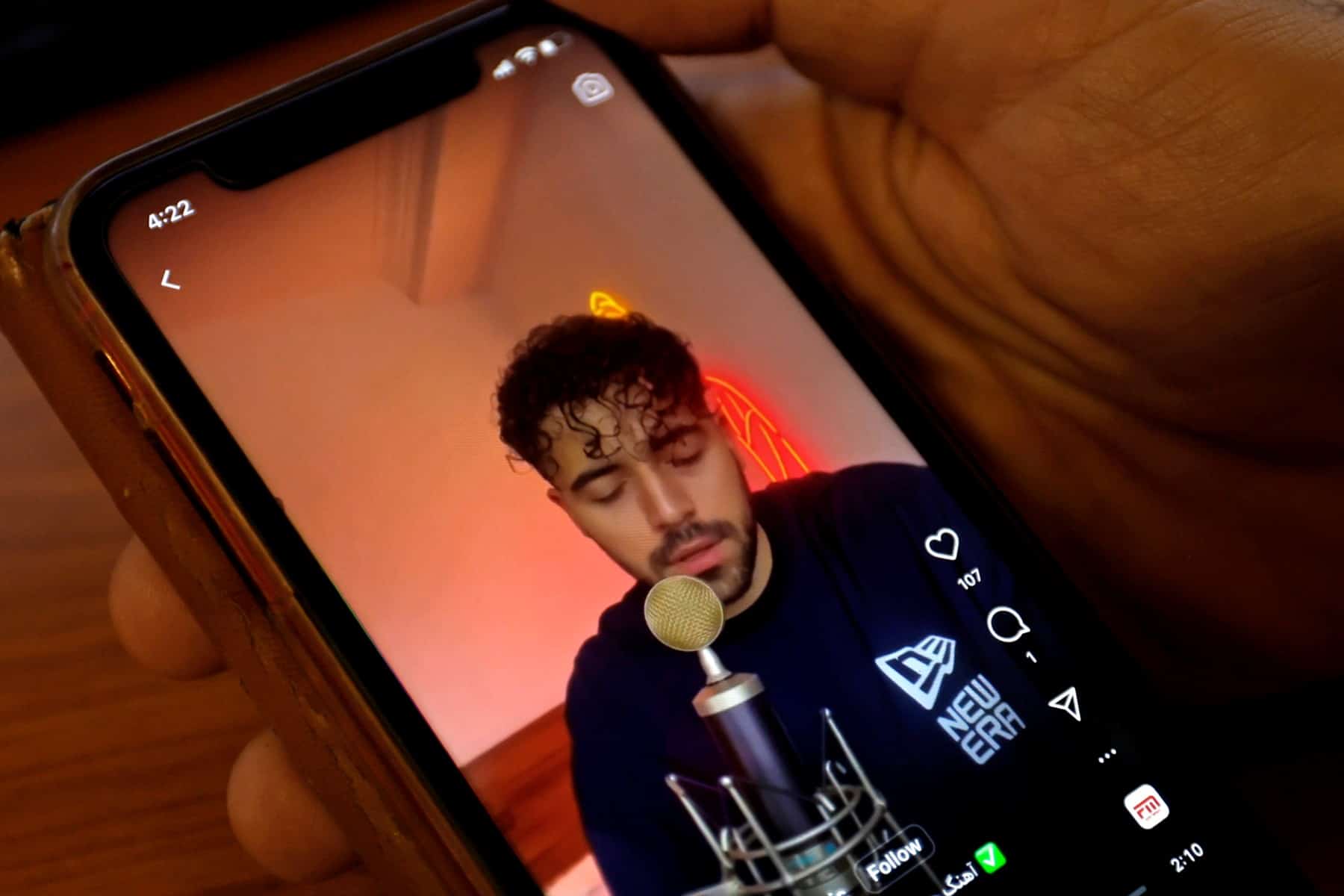The singer, who rose to fame for his song “Baraye”, denied any links to any “movement or organization outside the country” and said his song was only meant to “express solidarity with the people”.
A wave of unrest has rocked Iran since the 22-year-old Kurdish woman died on September 16 after her arrest by the morality police in Tehran for allegedly violating the Islamic republic’s strict dress code for women.
The street violence has led to dozens of deaths, mostly of protesters but also members of the security forces. Hundreds were also arrested.
Hajipour, a 25-year-old pop singer and songwriter, was arrested in late September after his song “Baraye” — “For” or “Because” in Persian — went viral.
The song racked up 40 million views on Instagram before it was deleted after his arrest. He was released on bail on Tuesday, state media said.
In his latest video, Hajipour sought to explain his recent absence to his two million followers, saying that since his song went viral, there were “some concerns over whether I’m affiliated to a certain movement or organization outside the country”.
“Thank God this misunderstanding was cleared and it is obvious that I wrote and sang this work only to express solidarity with the people who were critical of society’s situation,” he said.
The video, where Hajipour appeared to be in the front seat of a vehicle recording the video himself, was also posted by local news agencies.
“Baraye” is composed of tweets about the protests and highlights longings people have for things lacking in sanctions-hit Iran or everyday activities that might land people in trouble with the authorities in the Islamic republic.
“For the sake of dancing in the streets; Because of the fear felt while kissing; For my sister, your sister, our sisters,” the song’s lyrics say.
In his video Sunday, Hajipour said: “I live in Iran and want to stay here, live here and sing here and if I want to say something, or want to make criticism, I’d like it to be done here.”
The singer also appealed to the authorities to take “a fatherly approach towards people who have similar situations as me,” adding that he will not be holding “any interviews with anyone”.
Hajipour had posted a message on Instagram after his release, seeking to distance himself from politics.
“I’m here to say I’m okay,” he wrote, adding that “I would not swap this (country) for anywhere else and I will stay for my homeland, my flag, my people, and I will sing.”








